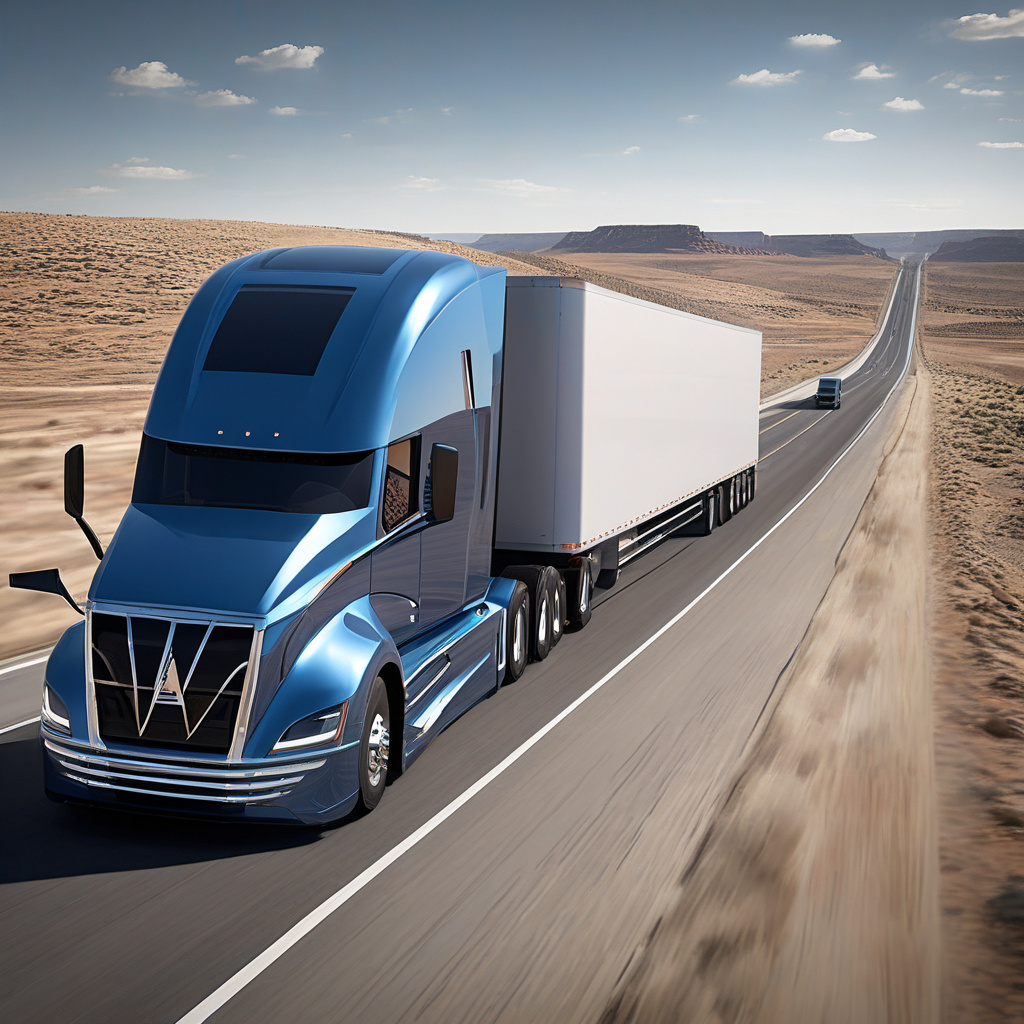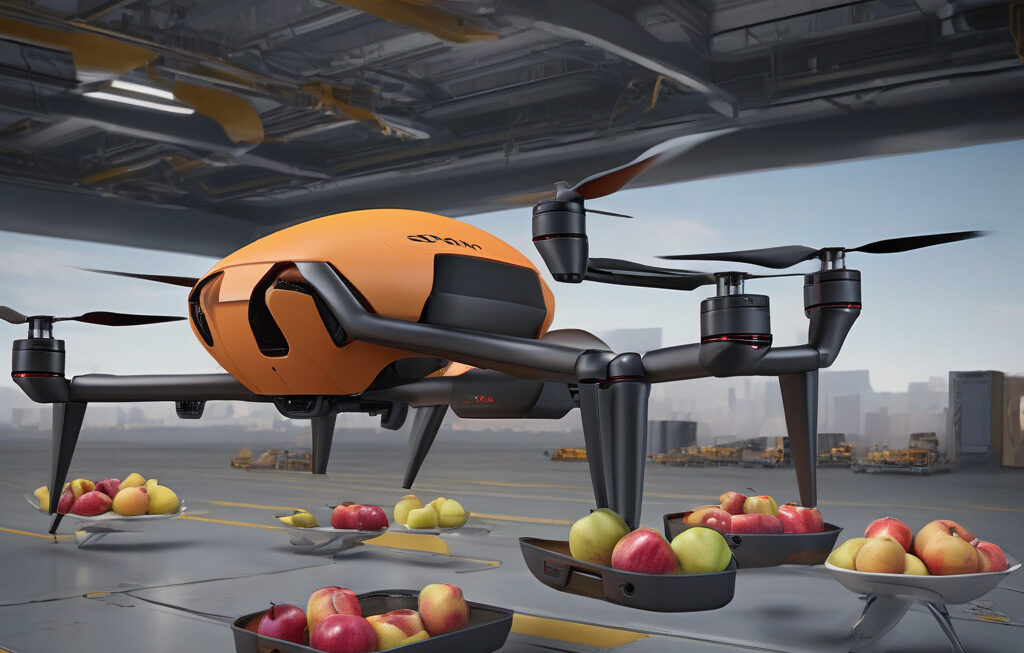The Future of Trucking: 18-Wheeled Driverless Trucks Start Long-Haul Deliveries for First Time in US
The future of trucking is here, and it doesn’t involve a driver behind the wheel. In a groundbreaking development, 18-wheeled driverless trucks have started conducting long-haul deliveries for the first time in the United States. This significant advancement marks a pivotal moment in the transportation industry, showcasing the potential of autonomous vehicles to revolutionize logistics and reshape the way goods are moved across the country.
Autonomous technology has been rapidly advancing in recent years, with companies investing heavily in research and development to bring driverless vehicles to the mainstream. The deployment of 18-wheeled driverless trucks for long-haul deliveries signifies a major milestone in the integration of autonomous systems into commercial transportation. By leveraging cutting-edge technology such as artificial intelligence, machine learning, and advanced sensors, these driverless trucks are capable of navigating complex road networks, making real-time decisions, and ensuring the safe and efficient delivery of goods.
One of the key advantages of driverless trucks is their potential to enhance safety on the roads. Autonomous vehicles are not prone to human errors such as fatigue, distraction, or impairment, which are leading causes of accidents in the trucking industry. By eliminating the need for a human driver, autonomous trucks can operate around the clock, delivering goods more quickly and reliably while reducing the risk of accidents and improving overall road safety.
Moreover, the use of driverless trucks has the potential to significantly increase efficiency and reduce costs for logistics companies. By optimizing routes, minimizing idle time, and streamlining operations, autonomous vehicles can help companies save time and money, ultimately improving their bottom line. The ability of driverless trucks to communicate with each other and with existing infrastructure further enhances their efficiency, enabling seamless coordination and synchronization in the transportation network.
While the adoption of autonomous technology in the trucking industry is still in its early stages, the successful deployment of 18-wheeled driverless trucks for long-haul deliveries represents a major step forward in realizing the full potential of autonomous vehicles. As companies continue to invest in research and development, refine their technologies, and overcome regulatory challenges, we can expect to see more driverless trucks on the roads in the near future, transforming the way goods are transported and revolutionizing the logistics industry as we know it.
In conclusion, the introduction of 18-wheeled driverless trucks for long-haul deliveries in the US heralds a new era in transportation, where autonomous vehicles play a central role in shaping the future of trucking. With their potential to improve safety, enhance efficiency, and drive innovation, driverless trucks are poised to revolutionize the way goods are moved across the country, offering a glimpse into the possibilities of a more automated and interconnected logistics ecosystem.
driverless trucks, long-haul deliveries, autonomous vehicles, transportation industry, logistics transformation











